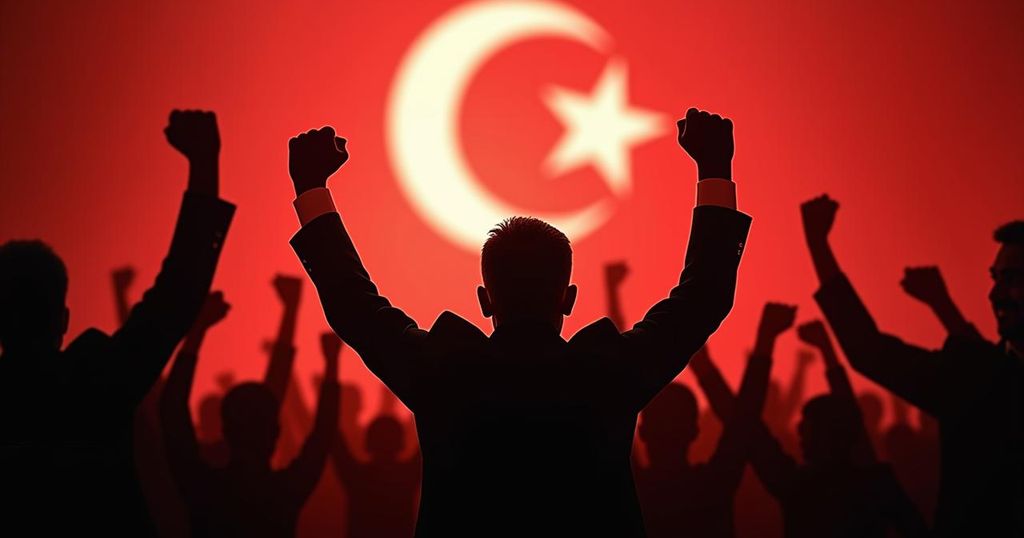Kais Saied’s Victory: A Step Back for Democracy in Tunisia
President Kais Saied has reportedly claimed over 89 percent of the vote in Tunisia’s presidential election, amid widespread criticism of the electoral process which many view as engineered and reminiscent of past authoritarian regimes. Most challengers were disqualified, including his main rival who faces imprisonment on contested charges. Despite his victory, voter turnout sharply decreased, suggesting diminishing faith in Saied’s leadership among the populace.
In a notable development within Tunisia’s political landscape, President Kais Saied has reportedly secured a substantial victory in the presidential election, raising significant concerns about the integrity of the electoral process. With the election conducting its first proceedings post the dismantling of democratic structures initiated by Saied, observers have remarked that the circumstances surrounding this election mirror the oppressive environment reminiscent of the tenure of Zine el-Abidine Ben Ali, the former dictator. Saied, who initially came to power in 2019, reportedly garnered over 89 percent of the vote against his major opponent, Ayachi Zammel, who remains imprisoned on charges that critics assert are unfounded and politically motivated. The electoral process was marred by the disqualification of most opposing candidates, further accentuating claims of a manipulated democratic framework. Despite his victory, voter turnout saw a stark decline, dropping to about half of the participation rate observed in the last presidential election, a trend that reflects the waning confidence among the populace toward a president who, although once revered, now appears to face the disillusionment of many Tunisians amid ongoing socio-economic crises.
Tunisia, recognized as the birthplace of the Arab Spring, had long sought to establish a democratic framework following the 2011 revolution that ousted its long-term autocratic ruler. However, the political scenario has shifted dramatically since President Kais Saied assumed power in 2019, when he began a systematic dismantling of democratic institutions. His recent re-election follows a series of actions that included arresting political rivals and curbing dissent, casting a shadow over the legitimacy of the electoral process. The 2023 presidential elections, therefore, emerge as a critical juncture, revealing the struggles within Tunisia’s governance and the growing authoritarianism that threatens the democratic aspirations of its citizens.
In conclusion, the re-election of President Kais Saied signifies a troubling trajectory for Tunisia’s political landscape, fraught with allegations of electoral manipulation and diminishing public trust. As voter turnout plummets and the opposition remains fragmented, the country faces a critical period that challenges its democratic foundations. The ongoing crises and political repression underline the necessity for a re-examination of Tunisia’s commitment to democratic principles.
Original Source: www.nytimes.com




Post Comment